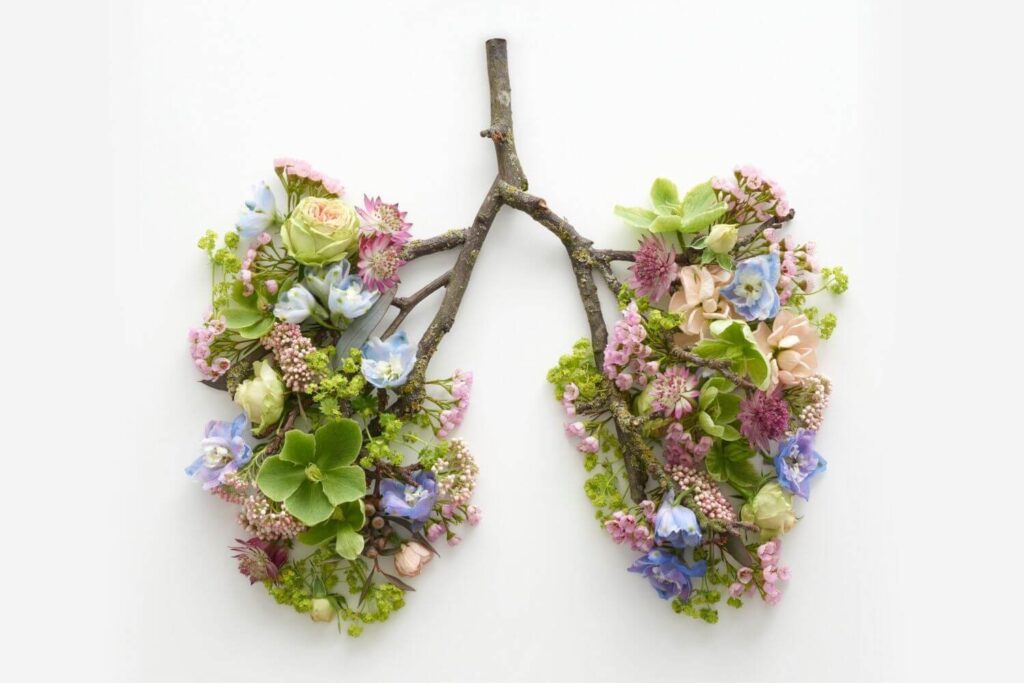The indoor air quality is very significant in Canada, particularly during the winter months. As the cold weather arrives, homes become sealed environments to keep warmth in, inadvertently trapping pollutants and reducing indoor air quality. This decline in air quality can impact health and comfort, making it crucial to understand the factors contributing to this decline and the strategies to combat it. We have spoken to the experts and put together our top tips to improve indoor air quality this season.
Factors Affecting Indoor Air Quality In Winter
During winter, several factors contribute to a decrease in indoor air quality. Stagnant air due to closed windows and doors reduces ventilation, allowing pollutants to accumulate. The increased use of heating systems, unclean ducts, and the presence of allergens from pets or dust mites all affect the air quality of your home.
Tips To Improve Indoor Air Quality
Duct Cleaning
Duct cleaning removes dust, debris, and potential contaminants from heating and cooling system components. Clean ducts enhance airflow, reducing the circulation of pollutants. According to the EPA, clean ducts can improve HVAC efficiency by 25% and reduce airborne allergens.
HVAC Filter Replacement
Replacing your property’s HVAC filters plays an important role in maintaining air quality. Standard filters efficiently capture a substantial portion of large particles, including common allergens like dust, mould, and pet hair. It’s generally recommended to replace HVAC filters every three months to ensure optimal efficiency in capturing airborne contaminants.
HVAC Filter Upgrade With HEPA Filters
HEPA filters, known for their efficiency in capturing tiny particles (as small as 0.3 microns), are a robust solution. Certified HEPA filters can capture 99.97% of particles, making them highly effective in improving indoor air quality by removing allergens, bacteria, and viruses.

Air Purifiers
Air purifiers utilize various filtration systems to remove pollutants from the air. High-efficiency particulate Air (HEPA) purifiers, for instance, effectively capture airborne particles, while activated carbon filters tackle odours and volatile organic compounds (VOCs).
UV Air Purifiers
UV air purifiers use ultraviolet light to kill bacteria, viruses, and mould spores that pass through the HVAC system. They eliminate harmful microorganisms, enhancing indoor air quality by preventing their circulation through the home.
HRV Installation
Heat Recovery Ventilators (HRVs) improve ventilation by exchanging stale indoor air with fresh outdoor air while retaining heat. They recover energy and humidity from the outgoing air, ensuring a constant supply of fresh air without compromising comfort or increasing energy bills.
Regular Household Cleaning
Regular cleaning practices, including vacuuming with HEPA filter-equipped cleaners, dusting surfaces, and washing bedding, contribute significantly to reducing indoor pollutants. Keeping a clutter-free home minimizes dust accumulation and improves air quality.

Ensuring optimal air quality in your home isn’t just a matter of comfort, it’s crucial for the health and well-being of your loved ones. Poor air quality can lead to a range of health issues, from mild irritations to severe respiratory problems. Employing individual methods like filter replacements, air purifiers, or duct cleaning is effective. However, the real power lies in their combination. When these methods work in harmony, they synergize, significantly improving indoor air quality, creating a healthier environment for your family.
Don’t compromise on the air you breathe. Take the proactive step of enhancing your home’s air quality. Whether it’s upgrading filters, installing air purifiers, or considering HRV systems, North Wind HVAC can do it all (apart from cleaning your home). Contact us today to schedule any of these services and ensure a healthier, more comfortable living space for you and your loved ones.
